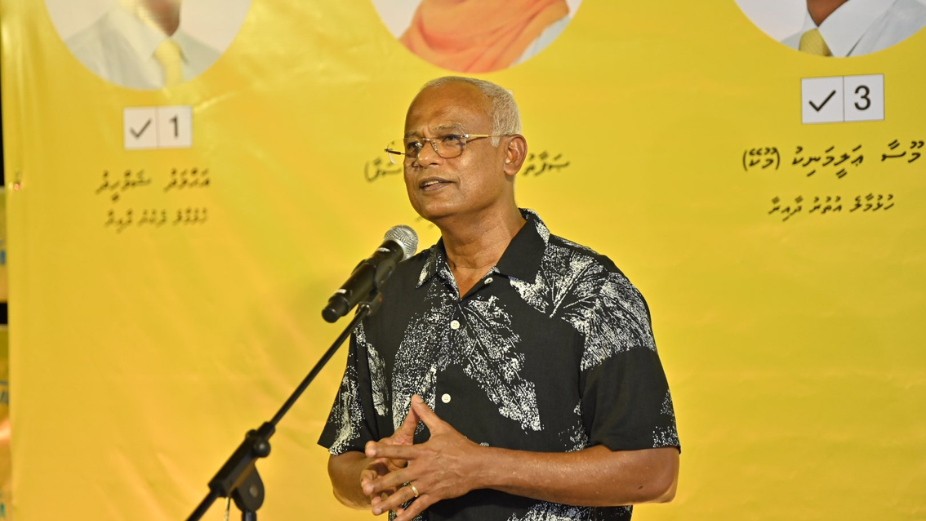
Ibrahim Mohamed Solih, former President of the Maldives, has reignited debate on economic policy by advocating for the potential of printing currency as a response to challenging economic circumstances.
Addressing supporters at a Maldivian Democratic Party (MDP) campaign gathering in Hulhumale’ Phase II, Solih referenced his administration’s decision to print currency during the COVID-19 pandemic. He remains critical of the current government’s economic approach.
President Dr Mohamed Muizzu differs from Solih’s position, stating that the previous government engaged in currency printing without sufficient regard for the Maldives’ fiscal health. The MMA has indicated a halt to currency printing and a focus on spending cuts by the current administration.
Excessive currency printing carries economic risks. When the supply of money outpaces the growth of an economy, inflation typically follows. This process erodes the purchasing power of the currency, leading to rising prices for goods and services. In severe cases, hyperinflation can occur, destabilizing the economy.
However, proponents of printing money during economic downturns argue that it can be a useful tool for stimulating economic activity. In the case of the COVID-19 pandemic, global economies experienced a sharp decline due to lockdowns and travel restrictions. Printing money helped to increase liquidity within the financial system, incentivize borrowing and investment, and ultimately foster economic recovery. This approach is not without risks, and careful management is necessary to prevent excessive inflation.
The contrasting views of the former and current Maldivian presidents highlight the complexities of fiscal policy, particularly amidst difficult economic conditions.












